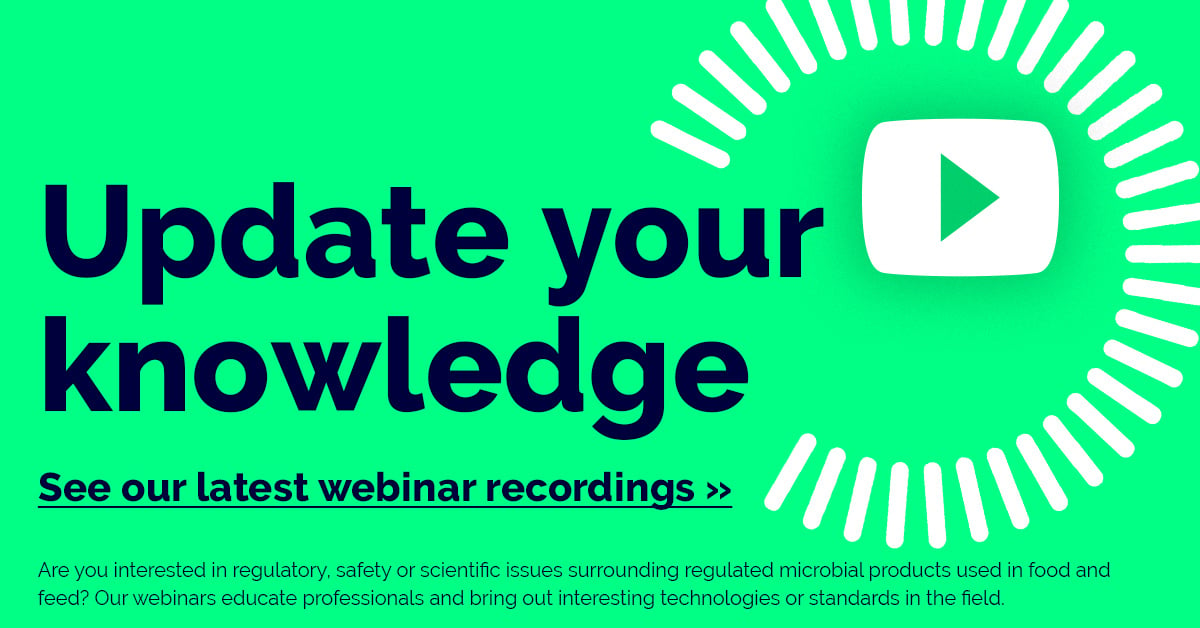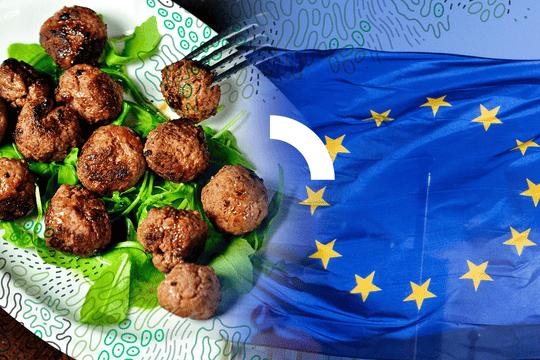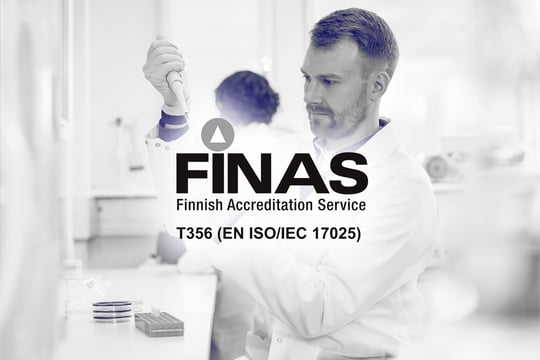
Regulation (EU) 2019/1381 of the European Parliament and Council on the transparency and sustainability of the European Union risk assessment in the food chain aka the Transparency Regulation was published on 20 June 2019 and applies from 27 March 2021.
We answered some of the most important questions surrounding the Transparency Regulation and its effect on EU food safety regulation.
Why is the law being changed?
The Regulation stems from the European citizens’ initiative called ‘Ban glyphosate’ “to propose to Member States a ban on glyphosate, to reform the pesticide approval procedure, and to set EU-wide mandatory reduction targets for pesticide use”. The European Commission followed it with an evaluation or fitness check of the General Food Law. The purpose of the Regulation is to strengthen consumer confidence and protect their interest by ensuring transparent and inclusive risk assessment of the food chain.
How will this affect approval and registration processes?
The Regulation involves several new steps and requirements in the approval process of regulated food and feed products. This will further increase administrative liability.
The changes have a marked influence on applicants seeking registration for their products. The requirement of transparency will also give an unprecedented amount of data to the public to evaluate the European Food Safety Authority (EFSA) risk assessment process.
The EFSA must be notified of all studies performed, started or commissioned after March 27 to guarantee that companies applying for authorisations have submitted all relevant information without excluding unfavourable studies.
Who must notify the EFSA?
Business operators, laboratories or other testing facilities carrying out the study, or any entities contracted to perform notifications on their behalf.
What do the notifications have to include?
The notifications must include
- study title and scope,
- study starting and planned completion dates, and
- identification of potential applicants and laboratories.
There are specific requirements for the content of the study scope, such as standard certification, objective and test item and its components.'
For renewal applications, the notification for must also include the study design, but whenever a specific EU guideline/guidance is followed, it is sufficient just to refer to it.
Can I get advice from EFSA before submitting the notification?
On the positive side, pre-submission advice is available on request for small and medium-sized enterprises concerning the legal framework and administrative processes to be followed with new applications. The advice is usually given in writing or in a teleconference. This advice will not include study design, which remains the applicant’s responsibility.
However, in the case of renewals of authorisation, the EFSA will provide specific pre-submission advice on the content of the intended renewal application, including study design. The advice will be given after a 3-week period, during which the studies planned to support the application are open for public consultation and will then be scrutinised by EFSA.
What can remain confidential?
Public consultation will be based on the non-confidential version of the application. The applicant may request, and the EFSA may grant, confidential treatment to items which potentially harm the applicant’s interest to a significant degree.
According to the amendments to Article 39 of the General Food Law, adopted in the Transparency Regulation, items that merit confidentiality include:
- the manufacturing or production process
- commercial links between the applicant and a producer
- commercial and strategic information and
- quantitative composition of the product.
What happens if you don’t comply?
As a procedural consequence for not notifying of the commissioned studies, the EFSA will halt the risk assessment temporarily. If there is no proper justification for not notifying or submitting the study to the EFSA, the application will be considered as not valid. The application can be resubmitted after notifying of the study, but the validity assessment will be delayed by six months.
Will there be checks to see if laboratories are complying?
European Commission experts will carry out fact-finding missions to assess if laboratories and other testing facilities are applying the relevant standards. The Commission will also check if laboratories are complying with the obligation to notify. These fact-finding missions will be done by 28 March 2025. Third country laboratories and testing facilities will also be checked if agreements are in place with the European Community.
The aim of the missions is to allow the Commission to reassure the general public on the quality of studies by identifying non-compliance and/or correct possible weaknesses in the systems.
What happens if you don’t pass the checks?
Non-compliances identified during those fact-finding missions will be brought to the attention of the EFSA as well as the assessed laboratories or other testing facilities and be followed with audits or other appropriate measures.
Can the European Commission start independent investigations on food safety?
While the burden of proof is basically on the industry, the Transparency Regulation has established a verification tool, namely the commissioning of additional EU-financed studies, with the objective of verifying evidence around risk assessment. These can be triggered by the Commission and commissioned by the EFSA. Use of the verification tool should take place only in exceptional circumstances with specific cases of high societal importance involving serious controversies or conflicting results.
Will the application process become longer?
Transparency does not come without cost. The time for the application process is likely to increase. Preparing an application requires particular care, because you have to specifically request and justify for any information to remain confidential.
If studies are not notified properly, you may face significant delays in the planned product launch. Since there is no training tool available, the applicants and laboratories have to learn the process by doing it in practice. The EFSA has promised to give everyone the needed advice though.
Is it worth the extra effort?
For laboratories and other testing facilities, the quality of studies is crucial for their business. If they fail to apply the Transparency Regulation standards, the Commission, the EFSA and Member States shall act, and the outcome of the fact-finding missions, in general, may lead to a legislative proposal for necessary control procedures. It is not clear yet if the laboratories and test facilities have to pay for the fact-finding missions. In any case, there will be an additional level of auditing even if the laboratory is, for example, ISO 17025 accredited or follows Good Laboratory Practice (GLP).
In short, it’s worth spending a bit more time dotting the i's and crossing the t's.
How will the Transparency Regulation be applied by EFSA?
The Practical Arrangements are means to interpret and implement the Transparency Regulation. The detailed documents how the Regulation will be applied by EFSA are here:
Laying down the practical arrangements of pre-submission phase and public consultations
Laying down practical arrangements concerning transparency and confidentiality
We are your pathway to safer new food solutions

Topic:












